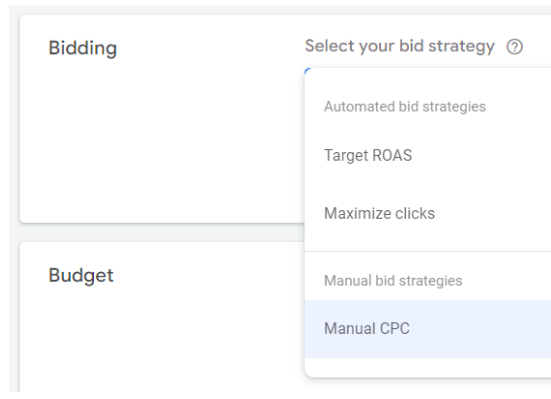Imagine a scenario in which a sales rep for a foodservice distributor receives a timely alert on her smartphone from her personal sales analyst. The notification reveals a concerning trend: one of her key accounts has been significantly reducing its spending over the past few months and is showing declining engagement with promotional emails. Recognizing the potential risk of losing this important customer, she understands the urgency of taking immediate action to address the situation. 🚨
Unfortunately, such scenarios are all too common in the B2B distribution sector. Customer churn poses a significant challenge, leading to considerable financial implications for many companies. Research indicates that ineffective pricing strategies and poor customer engagement can result in a staggering loss of up to 11% of distributor profits each year. 📉 These statistics underline the importance of proactive measures to enhance customer retention.
A Better Way Forward
For businesses striving to improve customer retention rates, there is a more effective path to follow. One powerful strategy involves participating in expert panels that offer invaluable insights into successful strategies and real-world outcomes from companies that have effectively tackled customer churn. By learning from industry leaders and adapting their best practices, distributors can refine their sales approaches and cultivate stronger, more loyal customer relationships.
Engaging in these discussions not only provides access to valuable knowledge but also fosters a collaborative environment where ideas and strategies can be shared. This is an opportunity for distributors to transform potential losses into growth—don’t miss out on the chance to register for the upcoming panel discussion!
The Path to Success
This scenario illustrates a win-win situation for the distributor, the sales rep, and the AI-driven personal sales analyst tool. The integration of technology in sales processes can play a pivotal role in retaining customers.
The Role of AI in Customer Retention
The integration of AI in sales processes offers timely, actionable insights presented in clear and understandable language. This clarity is essential for sales reps, enabling them to grasp complex data quickly and take appropriate actions. Real-world applications of AI technology have shown its potential to generate customer-specific insights that guide strategic decisions.
For instance, when AI analyzes customer behavior patterns, it can reveal which accounts are at risk of churn, allowing sales teams to prioritize their efforts. With this information, sales reps can initiate conversations with at-risk customers, addressing their concerns before they decide to switch to competitors.
Harnessing Predictive Power
AI goes beyond simply analyzing past data; it also possesses the capability to prescribe targeted actions related to products, pricing, rebates, and promotions. This predictive power is invaluable for businesses looking to recover lost revenue and drive sustainable growth. By identifying at-risk customers and suggesting tailored solutions, AI empowers sales teams to engage proactively with clients, ultimately reducing churn.
For example, if AI detects a decline in order frequency from a specific account, it might recommend a targeted promotional offer or a personal outreach strategy to rekindle that relationship. This proactive approach can significantly enhance customer satisfaction and loyalty, as clients feel valued and understood.
The Shift to Causal AI
There is a growing interest in advancing from general AI applications to causal AI, which employs reasoning models to address specific business challenges. This evolution is particularly promising, as it enhances the effectiveness of customer engagement strategies by providing deeper insights into the factors driving customer behavior.
By understanding the “why” behind customer actions, businesses can create more targeted and effective retention strategies. For instance, if a customer is not responding to promotional emails, causal AI can help identify the underlying reasons—whether it’s a lack of relevant offerings, issues with pricing, or even broader market trends. Armed with this information, sales teams can craft more relevant and impactful engagement strategies.
In conclusion, effectively reducing customer churn in distributor sales is vital for sustaining profitability and nurturing long-term customer relationships. By leveraging AI technologies and participating in industry discussions, businesses can gain critical insights that inform their strategies. The predictive capabilities of AI not only help identify at-risk customers but also enable tailored solutions that foster engagement and loyalty.
As the competitive landscape continues to evolve, embracing these innovative tools and strategies will be essential for success in the B2B distribution sector. By proactively addressing customer needs and refining engagement approaches, distributors can turn potential losses into significant growth opportunities. Let’s commit to leveraging these insights and technologies to create stronger connections and ensure the longevity of our customer relationships. Together, we can build a future where customer retention is a driving force for success! 🌟









Leave feedback about this